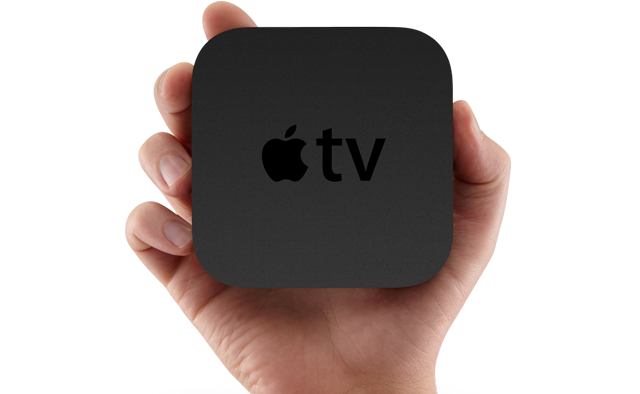Apple is negotiating with Comcast in an attempt to create "a streaming-television service that would use an Apple set-top box and get special treatment on Comcast's cables to ensure it bypasses congestion on the Web," The Wall Street Journal reported today. The usual "people familiar with the matter" revealed the companies' plans, which would involve streaming live and on-demand TV programming to an Apple set-top box, presumably the Apple TV.
If accurate, Comcast would have to be careful not to violate network neutrality obligations. The Federal Communications Commission's rules against Internet service providers giving special treatment to specific Web services were vacated by a court decision, but Comcast still has to follow the rules until 2018 because of commitments it made in exchange for gaining approval of its acquisition of NBCUniversal in 2011.
Comcast recently obtained payment from Netflix in exchange for a direct connection to its network. This was allowed because the net neutrality obligations cover only the "last mile," the path from Comcast facilities to consumer homes.
The Apple/Comcast deal as described by the Journal would have Apple's video streaming traffic "separated from public Internet traffic over the 'last mile'——the portion of a cable operator's pipes that connect to customers' homes."
But wait, there's a twist.
"Under the plan Apple proposed to Comcast, Apple's video streams would be treated as a 'managed service' traveling in Internet protocol format—similar to cable video-on-demand or phone service," the Journal wrote. "Those services travel on a special portion of the cable pipe that is separate from the more congested portion reserved for public Internet access."
"Managed" services could possibly be given their own path without violating net neutrality rules, which are vague in some important areas.


 Loading comments...
Loading comments...
